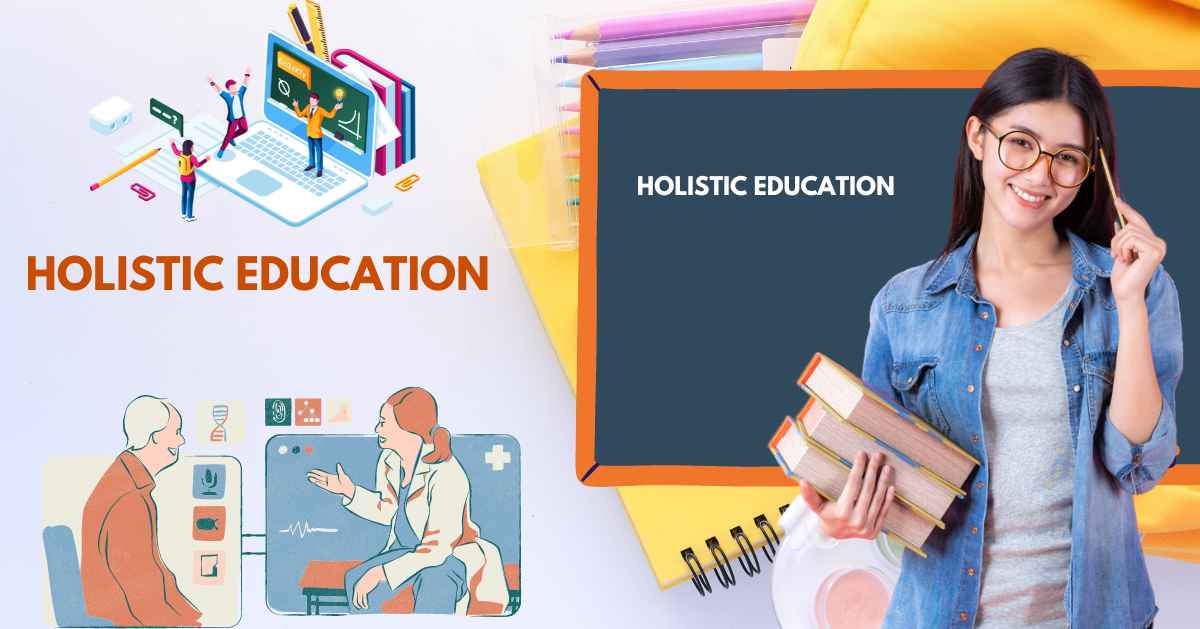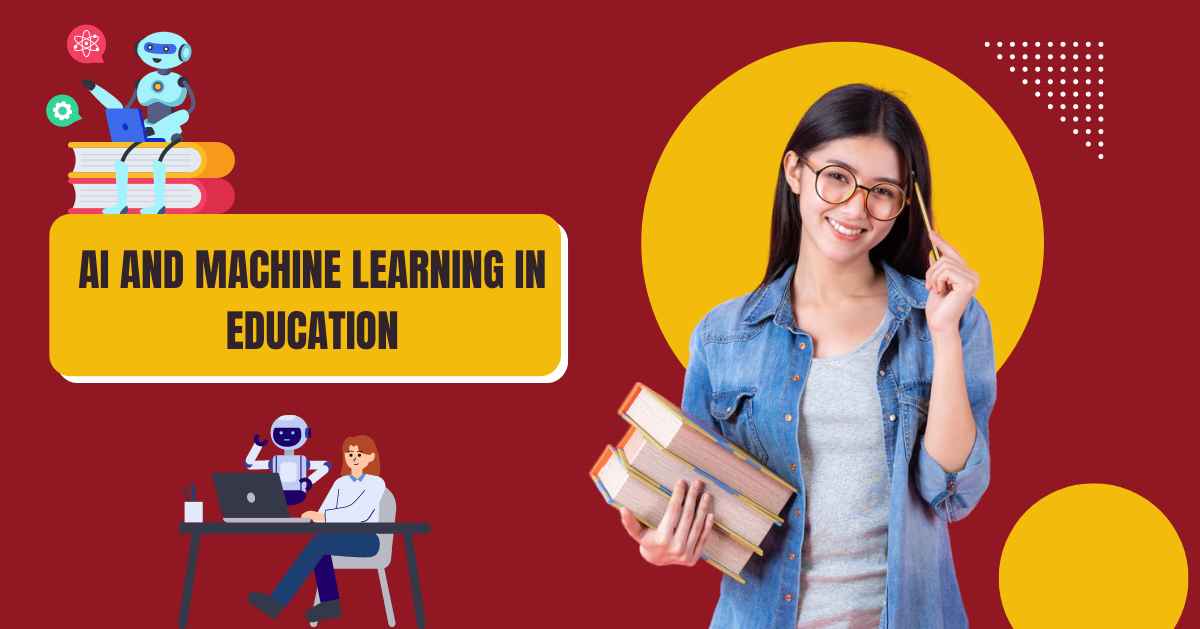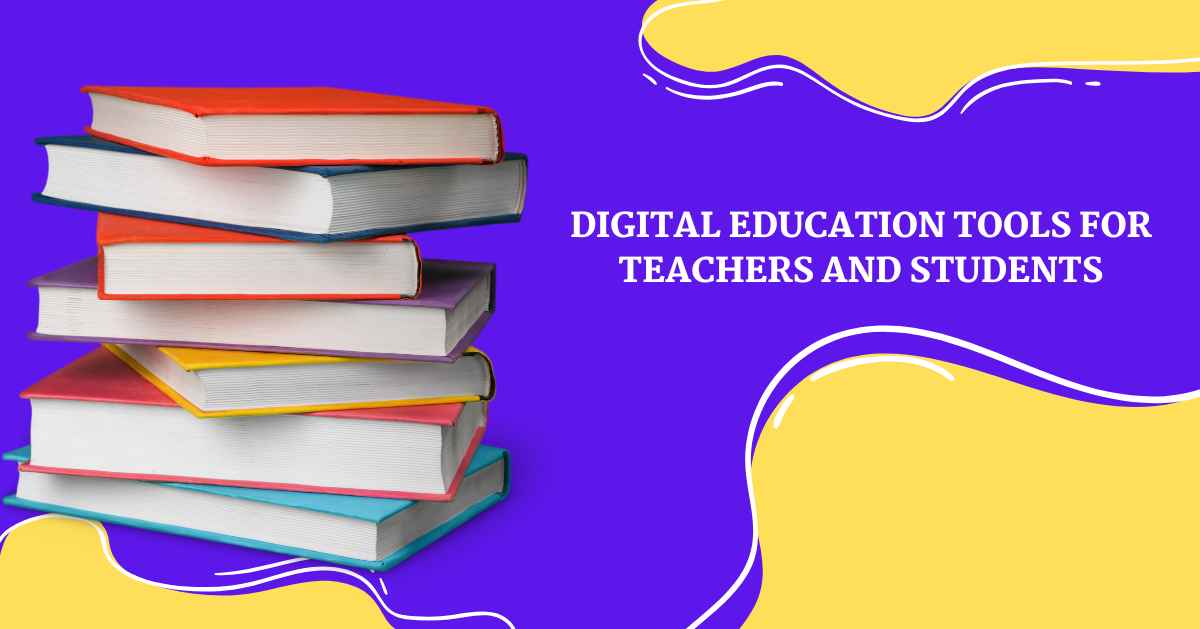The idea of holistic education—teaching the whole person, not just academics—is becoming more popular as schools try to improve student success. Many now see that students need more than just strong academic skills; they also need support from their community and an understanding of the world.
State governments and school districts decide if schools will focus mainly on academics or also on holistic learning. However, teachers are the key players in making these policies work. They have the best chance to help students learn about themselves and connect with their community and the world through holistic teaching methods.
What is Holistic Education?
Holistic education is a way of teaching that focuses on all aspects of a student’s development: emotional, social, ethical, and academic. It aims to create a supportive and positive school environment.
Key points of holistic education:
- It supports both the academic and non-academic needs of students.
- It encourages students to think about how their actions affect their local and global communities.
- It involves students in projects that use critical-thinking skills to solve real-world problems.
History of Holistic Education
Holistic education began in the 1980s as a response to the US education system, which was seen as too mechanical. However, the idea of educating the whole person goes back to ancient Greek and indigenous teaching methods. Over the last century, this approach has become more popular, with notable methods like Maria Montessori’s self-directed learning and Rudolf Steiner’s Waldorf experiential learning gaining traction.
Today, many states are including holistic education goals in their school improvement plans. This shift is supported by the Every Student Succeeds Act (ESSA), which provides federal funding to help states. Schools are now recognizing that creating positive learning environments, offering whole-child services, and focusing on social and emotional development can improve educational equity and outcomes.
[Read More: Brief History of Artificial Intelligence (AI) and its Impact on Education]
Benefits of Holistic Education
Holistic education offers many advantages for students, teachers, schools, and communities. It helps students achieve better academic results and develop essential life skills for successful careers.
- Improved Academic Achievement: Holistic education boosts academic performance by addressing individual learning styles and creating a supportive environment. When students feel safe and connected, their brain capacity increases.
- Enhanced Mental and Emotional Well-Being: Emphasizing social and emotional learning along with academics helps students develop self-awareness, confidence, and social responsibility.
- Increased Problem-Solving Ability: Engaging in real-world problem-solving projects enhances critical-thinking skills. Students learn to gather, analyze, and report data and collaborate effectively, skills that are valuable in their future careers.
- Reduced Impact of Inequities: Holistic education can mitigate the negative effects of issues like violence, abuse, or poverty on academic achievement by promoting integrated learning and providing comprehensive support.
Educational Models
Experiential Learning: These schools offer hands-on educational experiences. Students might work in groups to explore different learning styles and find what works best for them. Activities often include problem-solving exercises that address community issues or create innovative products.
Self-Guided Learning: In these environments, students learn at their own pace and in the style that suits them best. This personalized approach avoids the limitations of one-size-fits-all education. Low-stakes assessments help adjust the curriculum’s content and pace. Classrooms are often smaller and include students of various ages and abilities.
Community Schools: Based on the idea that connections with the community enhance learning, these schools partner with families, residents, organizations, and officials. They offer integrated support and expanded learning opportunities, such as after-school and summer programs. These schools serve as community hubs, combining academic, social, developmental, and engagement activities.
Interdisciplinary Coursework: Holistic education improves cognitive growth by integrating multiple subjects. Some schools have programs where teachers from different disciplines collaborate to teach thematic courses, offering diverse perspectives on issues. Coursework might include independent research, travel, fieldwork, and internships.
[Read More: AI in Education: Essential Statistics and Everything You Need to Know]
How SETU Helps Your Child Improve Holistic Education
Personalized Learning: SETU tailors learning to your child’s skills, interests, and needs, recognizing and nurturing their unique strengths. This approach helps them succeed both academically and personally.
Experiential Learning: SETU emphasizes hands-on learning with quizzes, practice tests, and problem-solving activities. These methods help students gain practical skills, develop critical thinking, and deepen their understanding of subjects.
Community Engagement: SETU involves parents, community members, and organizations in the learning process. This collaboration offers students various perspectives, experiences, and resources. Community events and field trips further enrich their education.
Focus on Mental Health: SETU prioritizes students’ mental well-being. Teachers are trained to support students’ mental health needs, offering guidance, counseling, and a safe space to express emotions and develop coping strategies.
Integration of Subjects: SETU promotes interdisciplinary learning, connecting different subjects. This approach helps students explore complex issues from multiple angles, enhancing critical thinking, creativity, and a holistic understanding of the world.
Individualized Support: SETU prepares teachers to support students with different educational levels and learning abilities. They provide individualized guidance, creating a positive and inclusive environment where every child feels valued and supported.
Teacher Strategies
Building Strong Relationships: When teachers create strong bonds with students, it boosts their performance and engagement. Students at risk do better when they feel safe and cared for. Teachers can build these relationships by understanding and responding to each student’s strengths and needs and being culturally aware. Letting students help make classroom rules and take on leadership roles builds trust and communication, which motivates them to succeed.
Boosting Self-Confidence: Students need to feel they belong at school and can succeed. Teachers can help by giving students many chances to learn and show what they know in different ways. Recognizing each student’s unique strengths and treating everyone equally also builds confidence. Lessons should be relevant to students’ lives and tackle real issues to keep them motivated.
Encouraging Emotional Reflection: Teachers should look beyond grades to support students’ mental and emotional health. They can encourage emotional reflection by giving students time to think, reflect, or meditate during the day. Teaching empathy can include lessons on effective listening and understanding different perspectives through literature on social issues.
Conclusion
Holistic education, focusing on emotional, social, ethical, and academic development, is increasingly embraced to enhance student success. By integrating community support and real-world problem-solving, schools foster a more supportive, inclusive, and effective learning environment, benefiting students’ academic achievements and overall well-being.





